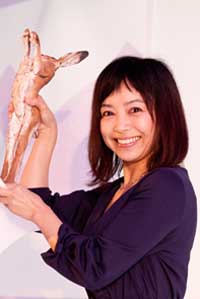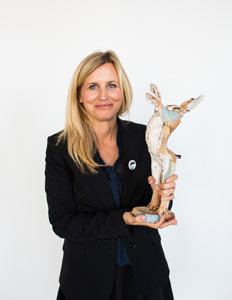Since 2012
The idea for Lush Prize originated from the Lush founders’ frustration at the entrenched nature of animal testing. They felt it was taking too long for cruelty-free alternatives to be adopted into the mainstream. An idea emerged: a £250,000 pot of money every year which would fund a series of initiatives working to end the use of animals in experiments.
The Lush Prize launched in partnership with Ethical Consumer in 2012, becoming the largest prize fund in the non-animal testing sector.
As a truly global prize, it has supported scientists and activists in countries around the world including; China, Kenya, Iran, Ukraine and India, New Zealand, Brazil, USA and across Europe awarding over £2.6m to 126 prize winners between 2012 – 2022. Lush aims to support the most progressive work in the field, ensuring animal-free research continues with the highest level of impact possible. We do this by providing resources to projects that fall into five categories:
- The Science Prize and Young Researcher Prize are designed to advance research into alternative non-animal tests.
- The Training Prize is designed to resource projects training scientists or regulators in non-animal methods.
- The Public Awareness and Lobbying Prizes are designed to keep up the pressure to make sure regulation is appropriate and updated to reflect advances in 21st-Century Toxicology.
As well as these categories, if there is a major breakthrough in 21st Century Toxicology – the area which holds out most hope for a ‘Eureka’ moment leading to the replacement of animal tests – a Black Box Prize can be awarded. This could be up to the full prize amount, and this was first awarded in 2015.
Learn more about The Lush Prize winners via its own website. You can also find Lush Prize on Twitter.
Meet some past winners of The Lush Prize

Lobbying

Public Awareness

Science
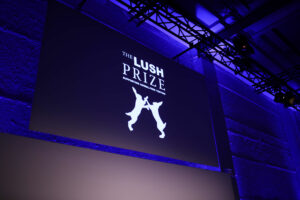
Training

Young Researcher

Andrew Tyler

New: Political Achievement

Lobbying

Public Awareness

Science

Training

Young Researcher

Andrew Tyler Award

Lobbying

Public Awareness
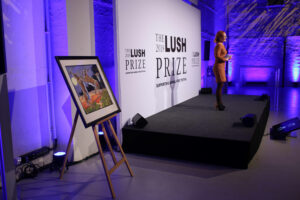
Science

Training

Young Researchers

Andrew Tyler Award

2012

2013
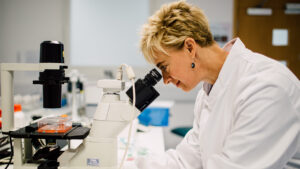
2014

2015
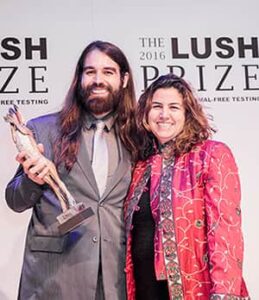
2016

2017
Further reading →
12:11
